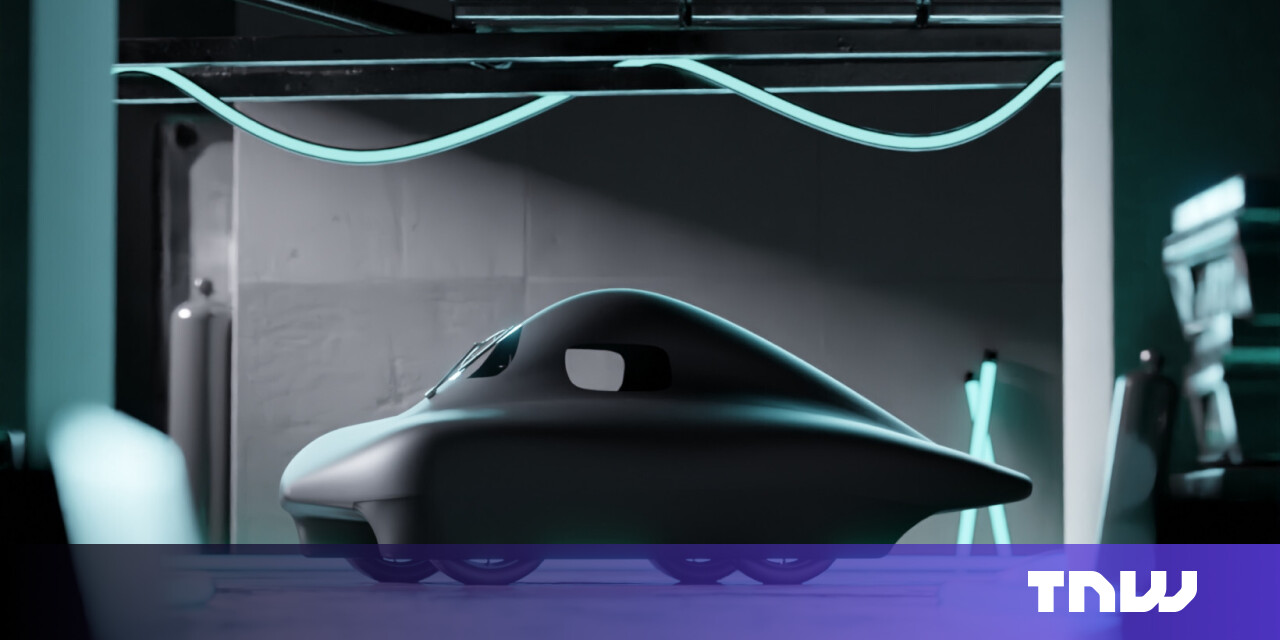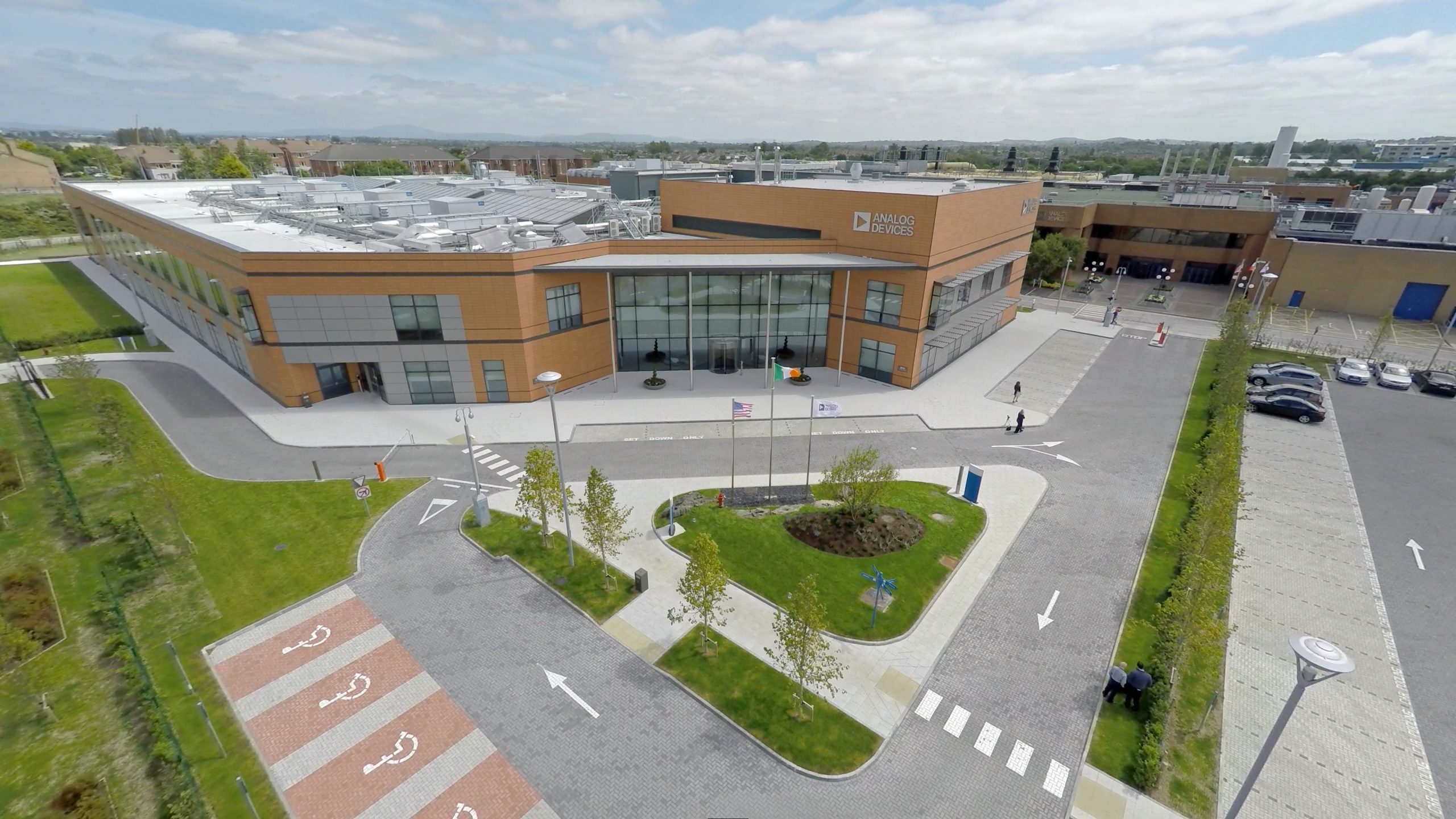
At the beginning of May, a student team from Delft University of Technology in the Netherlands unveiled what could be the world’s most efficient hydrogen car.
Dubbed ERXII, the vehicle is slated to cover over 2,000km on just 1kg of hydrogen fuel — equivalent to the distance between Amsterdam and Kyiv.
This claim will be tested in June at Shell’s Eco-Marathon event in France. Eco-Runner will go head-to-head with student teams from across Europe to break the world record for the longest distance driven on hydrogen without refuelling.
This year the number to beat is 2,056km, set by a methanol fuel-cell-powered Renault Zoe in 2022.

The 80kg carbon fibre vehicle has been designed to be as aerodynamic as possible. With a constant speed of 45kph, the ERXII should be able to cover 2,056km within three days.
This is one of several hydrogen cars developed by Eco-Runner in recent years.
“Efficiency and reliability are the main focus of this year’s project,” said team leader Julian de Klerk. “While the previous concept proved efficient, this year, we aimed for improved reliability for the record we’re trying to set. And well, it’s quite futuristic looking.”
Eco-Runner sees its tiny hydrogen car as a vision of a future where “all cars are smaller, lighter, and aerodynamic,” with the focus being on “shared mobility” as “people deal with transport more sustainability and efficiently.”

This comes at a time when Europe is transitioning from fossil-fueled vehicles to more sustainable alternatives. While most of the emphasis in the passenger car segment has been on EVs, the team at Eco-Runner believes that hydrogen-powered city cars also have a place on the tarmac.
“Electric cars are also part of the solution for sustainable mobility, but the electricity grid is already filling up,” said operations manager Eliane van Boxtel. “Electrifying the whole world is not an option. Hydrogen and electric cars go hand in hand. There is no one big winner.”
For now, the students have their sights set on June, as they look to take home first prize and set another record for hydrogen-powered travel.






